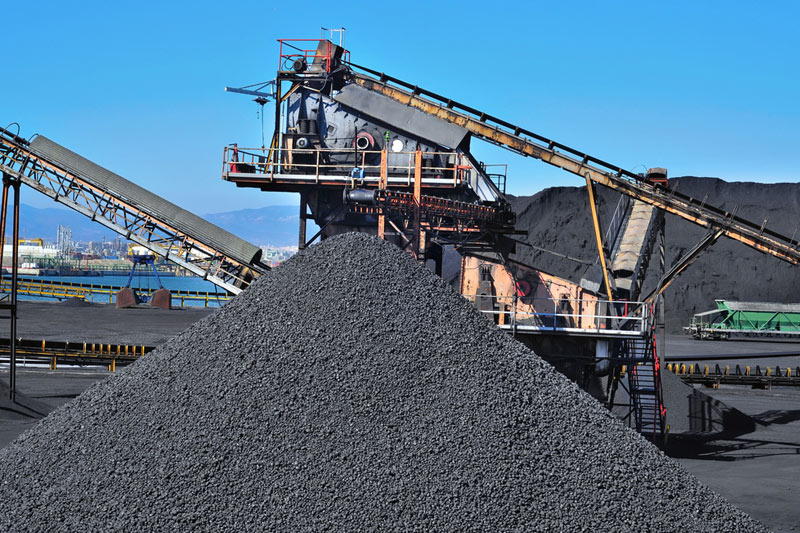DUESSELDORF (Reuters) - North Rhine-Westphalia, one of Germany's coal-mining states, is demanding at least 10 billion euros (£9 billion) in structural support if coal-fired power stations are phased out, its economy minister said.
Germany is hammering out plans for how to abandon polluting coal stations in favour of renewables, which accounted for more than 40 percent of the energy mix last year, beating coal for the first time.
The German cabinet has appointed a coal commission to find a compromise on how operators of these assets and the regions they are located in could be compensated. The commission aims to wrap up its work on Feb. 1.
"For North Rhine-Westphalia, we expect a double-digit billion euro amount for structural change and infrastructure over the next decades," North Rhine-Westphalia's Economy Minister Andreas Pinkwart told journalists on Friday.
He said the exact sum could not be determined yet but added it would certainly be more than 10 billion euros. "Supported by Germany and the EU, the coal district can evolve into a model for how to safeguard energy and other resources."
North Rhine-Westphalia, Germany's most populous state, is home to some of the country's largest energy groups, including RWE (DE:RWEG), Uniper (DE:UN01) and Steag, which all operate coal-fired power plants.
So far, Germany's governing coalition has agreed to spend 1.5 billion euros to help regions affected by the planned exit from coal.
